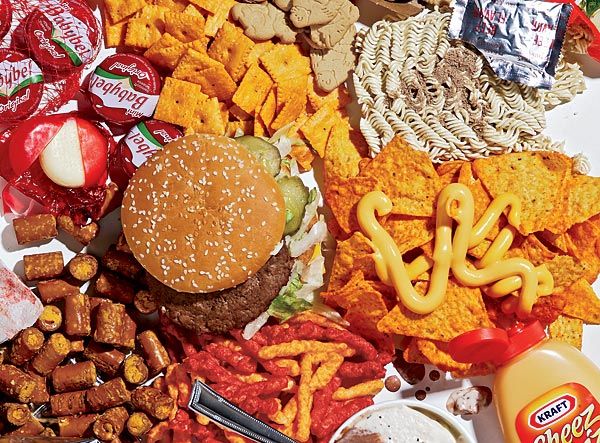America's High Fat Diet Alters Crucial Aspects of Brain's Dopamine Signaling
/
Evidence continues to mount that the effects of high-fat diets on brain function and cognitive development are substantial and potentially irreversible. We must ask about the impact of high-fat diets and children’s obesity on classroom performance and test scores.
Conservatives scream ‘nannygate’, that we’re meddling in parenting to suggest that childhood obesity is a massive problem, a future national security risk. This overview of recent research findings on brain function and high-fat diets is chilling.
High-Fat Addiction
Rats that consumed a high-fat diet for an extended period of time showed irreversible brain function changes in areas associated with reward and pleasure. Fatty foods tap the pleasure centers of the brain, the same areas triggered by heroin and cocaine. The regions of the brain which are involved in self-control and the regulation of appetite are mostly affected by obesity.
In this way the high-fat diet becomes addictive. Just as a drug addict can’t kick a drug habit, after a certain point, people who want to lose weight can’t fix their cravings.
The findings are similar to the findings of Dr Paul Johnson, a neuroscientist at the Scripps Institute in Jupiter, Fla.
Dr Johnson observed that the more fast food rats consume, the stronger is the drive to eat more and more to feel cheerful. The study combined different diets of food with observed behavior and brain scans of rats’ pleasure centers.
In mice, at least, junk food gradually becomes an alternative for happiness.

High-Fat Diets Depress Dopamine in Rats
Earlier research presented at the 2010 Annual Meeting of the Society for the Study of Ingestive Behavior also found that prolonged exposure to a high fat diet is correlated with changes in the brain chemical dopamine within the striatum, a critical component of the brain’s reward system.





























